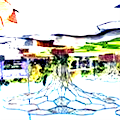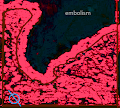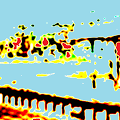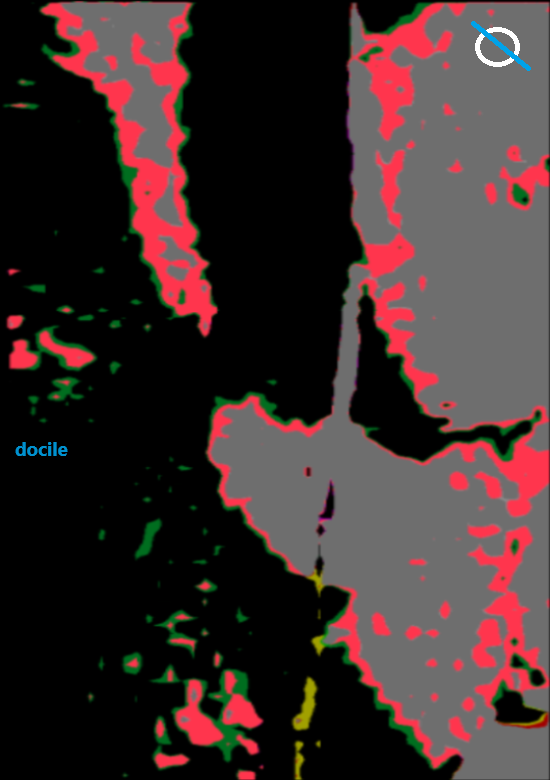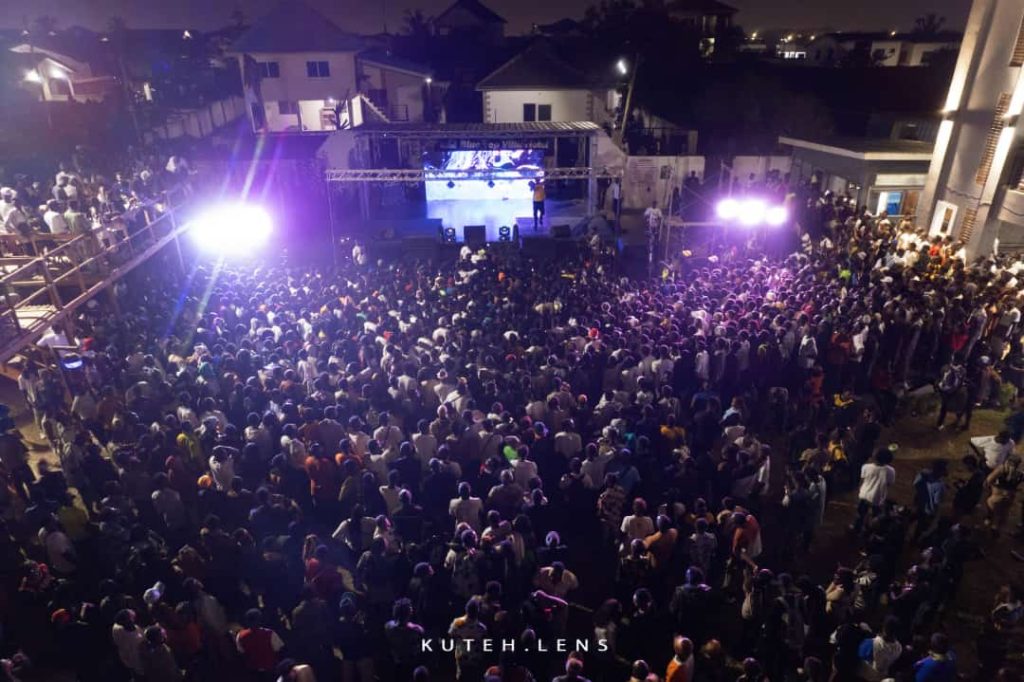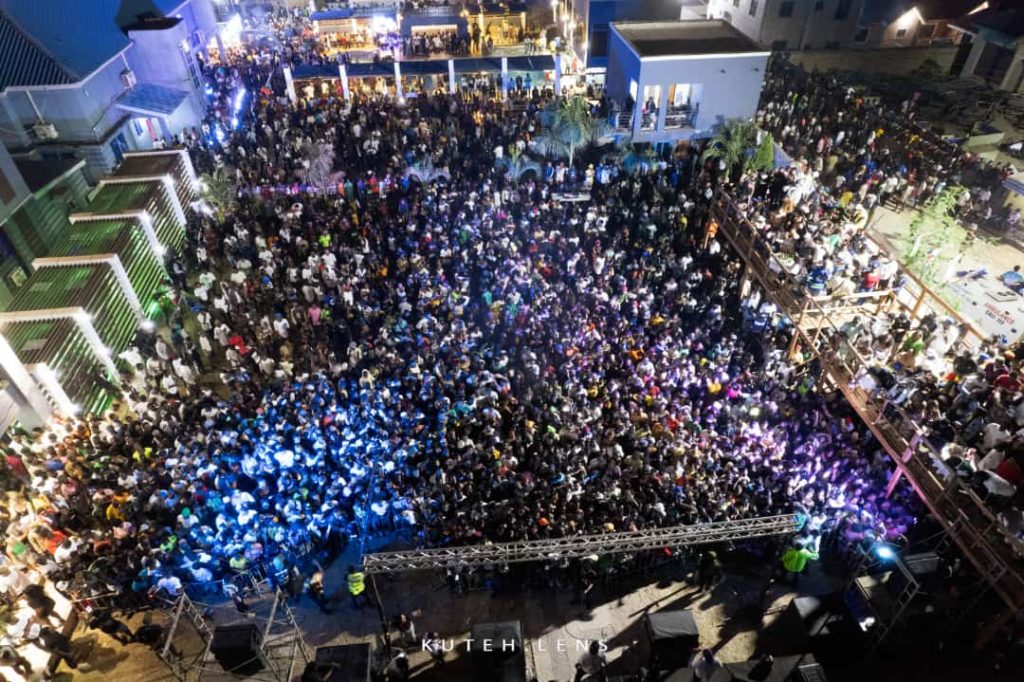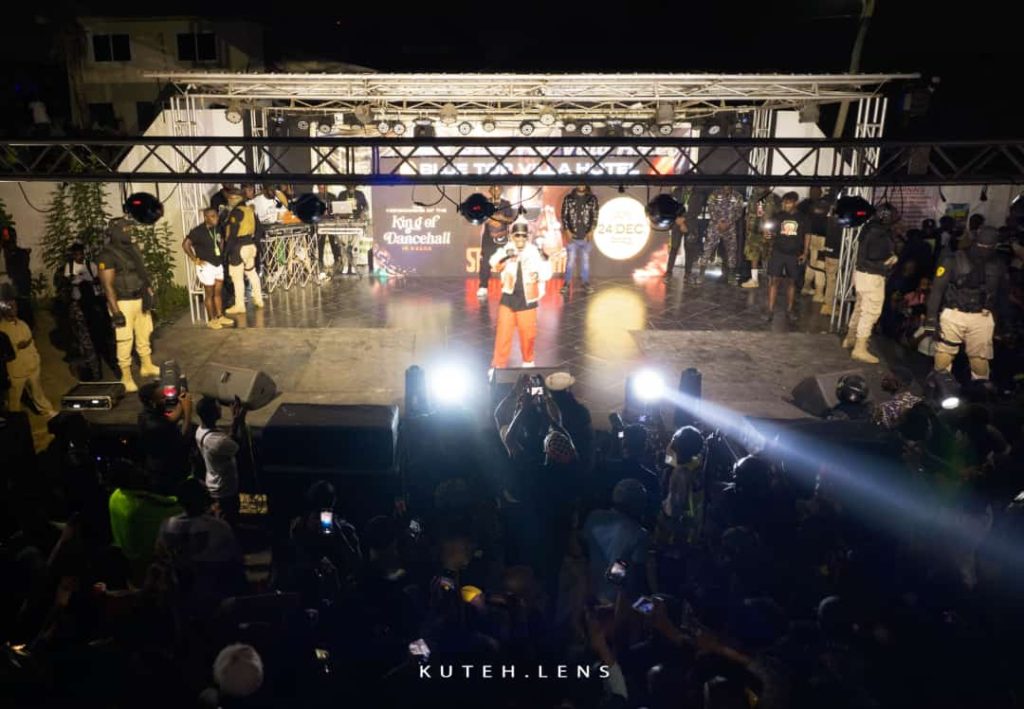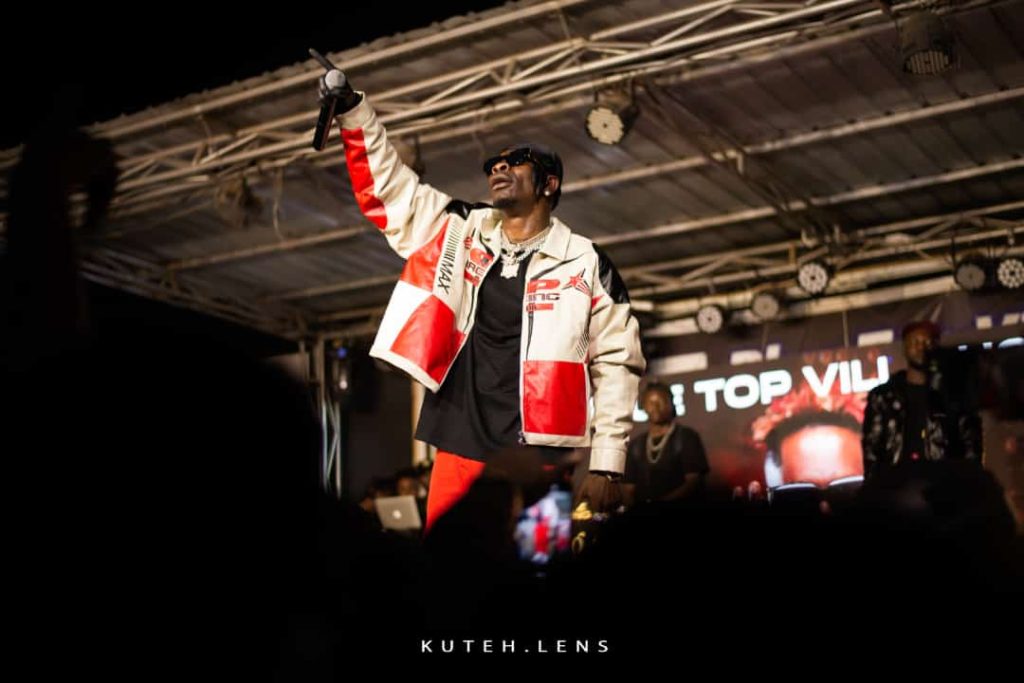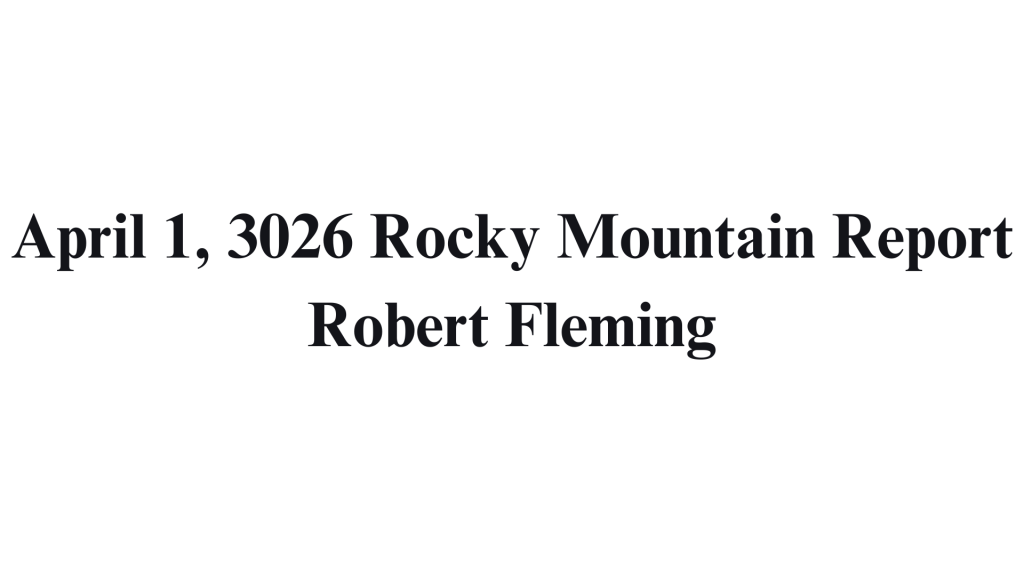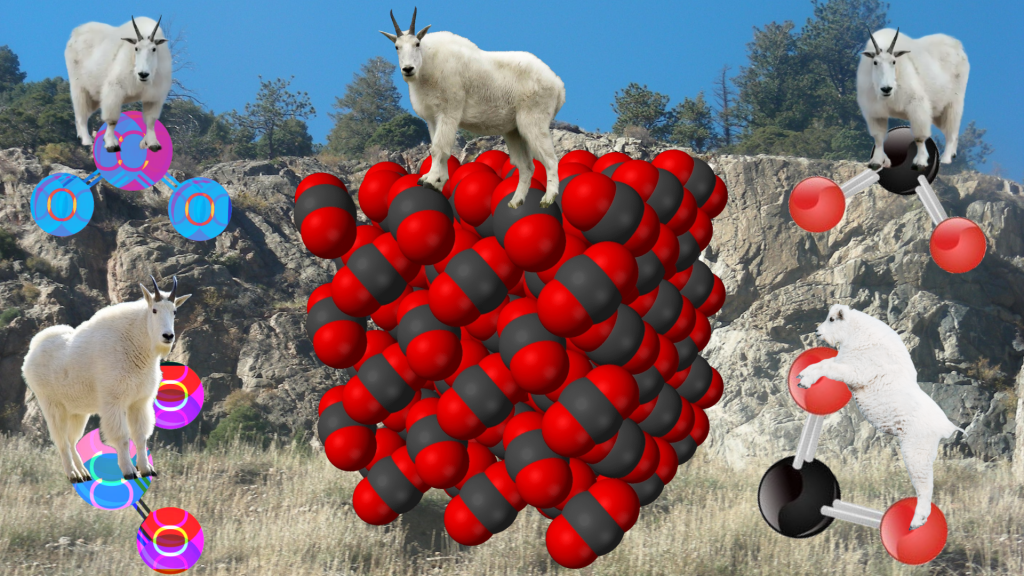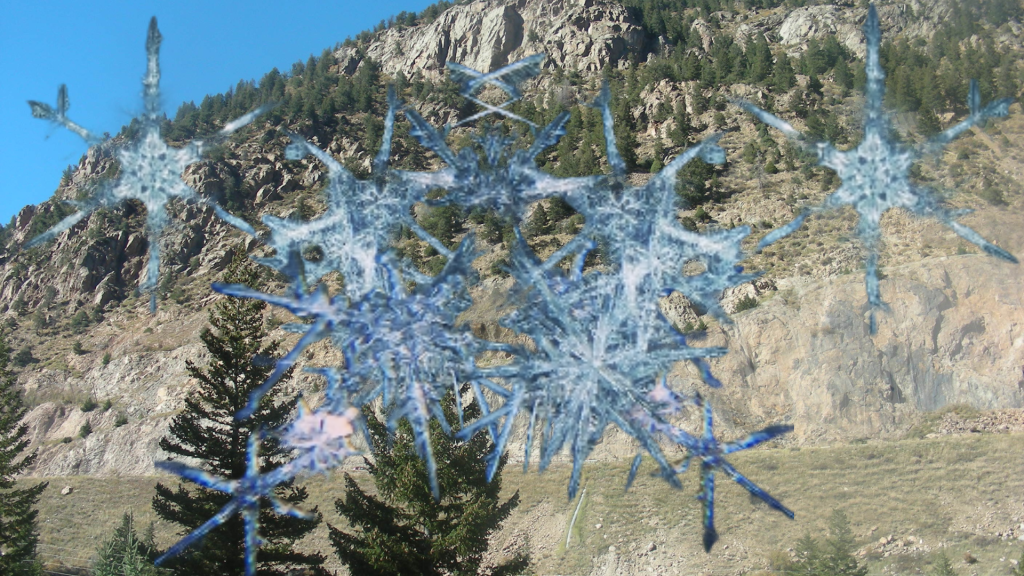Feminist Reading of Victorian Literature
Discuss Dickens’ views on women with respect to the female characters in Great Expectations.
Or
The suppression and the regulation of the feminine through various moral and psychological factors forms the crux of Jane Eyre. Give a reasoned answer. Or
Though set in England Jane Eyre is implicated in the politics of colonialism and imperialism. Discuss.
Or
Discuss the dramatic monologue with reference to Tennyson and Browning. Or
Victorian women were subordinated and imprisoned by patriarchy. Critically examine the above statement with reference to at least two poems and two novels from the Victorian literature.
The Camelot provides the funeral voyage adorning the boat and ferry of the Lady of Shalott towards the destination of sea shore; dispelling mysteries and caprices of the mirror, the weaving, the curse, the spell, the song, the river and island. “Out flew the web and floated wide” and “The mirror cracked from side to side” resonates the Tennysonian inscription of the workings of mimesis and the nature of poetic identity reveal the tapestries of the lady a dim unreality: imitations of shadows from a mirror. The Lady of Shalott transforms poetry into fiction in a moment of eloquence through her web [a poetic creation as long as it is produced in solitude—–the Lady literally ignorant of life in any active sense] flies out and floats wide when she turns round with that desire of making an impression upon another mind—-when she beseeches Lancelot. The imaginative medium for perceiving the real world in poetic isolation is shattered—–“The mirror cracked from side to side”—-but the web has floated wide of the destruction and out beyond the tower walls. The poem, like the Lady’s boat remains to stare back and remind Tennyson and the reader of their
bondage to mortal limits—-rhyme and words. Action, fullness and inscription replaces emptiness, passivity, echoes, whispers and rumours. Echoes swell to full sound; the fairy name takes on form and becomes the inscribed names; once empty skies and placid rivers swell with the rain. The Lady emerges as a Lancelot as she gleans; she reflects; she is the one who is paradoxically to cut through and to remind the onlookers of the absence of wholeness —-the analogy of Lancelot’s hypocritically Satanic is a metaphorical illusion since Tennyson would never intrude into the Lady’s vessel even though the impulse was towards the mystical and non representational was strong within the poet laureate. The Lady inscribes her name on the prow of the boat and floats down to Camelot, she turns her back on the vision of her past and inserts herself into a metaphoric relationship with her surroundings and herself from a brilliantly meteoric metaphoric vision with her glossy countenance she becomes both mirror, seer and object. With her death and the descent of daylight and hustle-bustle, she moves into a realm where the elements —-light, space, time and place—-which form and binds words, sounds and images neither present nor absent. Walter Benjamin extrapolates that, “Names have incomplete and inadequate mirrors of meaning. They are the facts of knowledge; not knowledge itself. Names name the death of oneness and are dependent upon representation.”
The Lady of Shalott’s funeral voyage upon the pilgrim bark journeying the Camelot towards the sea-shore dispels the caprices of the mirror, the weaving, the curse, the song, the river and the isle. The lady is no lady in the ordinary sense, that she is “embowered” not only by the impenetrable walls of her tower but also by the mysterious fear evoking power of magic. By the alchemy of the imaginative faculty and the connotative powers of the details of life which she envisions in her mirror inverted reflections and later translates them into the mystical and magical cocoon of web; is itself a ritualistic and ceremonial project work sanctioned by the aesthetic ideal of magical patterns created by the art cult and the love permeated by the patterns of human life. Peasant reapers, crimson clad page, surly village churls, red cloaked marketgirls and the abbot are the personalities harmonizing the communal and seasonal province of Yeats-ian ceremonial of innocence. Climactically the Lady of Shalott’s witnessing two
most archetypal ceremonials of life include the “two young lovers, lately wed” and “funeral with plumes and lights” makes her half-sick of shadows as equivocated in “I am half sick of shadows,” said the Lady of Shalott”/ Wedding and funeral are not faintly the perception sexual connotations but of facsimiles of death. A emblazoning red cross knight kneeling in chivalrous heroism to the damsel beauty riding through the barley sheaves in the personae of the blast of angelic trumpet and dazzlement of brazen grease accoutrements — the representative of sanctified love traditionally symbolic of affinity in purity and faith—epitomizes the Lady’s Church or Truth as felt by the Lady of Shalott in the aphorism : “tirra lirra I have felt”. Lancelot is illuminated not merely by sexuality but of celestial love glancing from the shield that is itself celestial, stellar and cosmicized flashing upon the crystal mirrors the way Tennyson’s own mystical experiences so often flash upon him to make a morally dead phenomenal world come alive with meaning and purpose.
The Lady of Shalott’s pilgrim bark drifting towards Camelot is purgatorial in the sense of the penitential soul’s spiritual pilgrimage. Tennyson implicitly explicates that an essential loneliness is the one element of the artistic condition that cannot be revoked even by the expanse of love; that the extension of the pilgrim bark portends; despite the vainglorious exhibitionism of the “crown of pearls” and “blinding diamond” by the “dead cold” parchment to her bosom. / “They crossed themselves, their stars they blest!”/ “She has a lovely face; God in his mercy lend her grace.” / Her self-immolation and self-consummation in the abundance of her own love opens up to the spectacle of Lancelot and Guinevere’s moral depravation and decay, and provides the key to a despairing vision that is a prefiguration of the doom of Camelot itself. The death-in-life transcends to liberate her from the bondage of egotism and thereby paves the path towards the inclined equivocation of joy in the beloved. Christine Paulson discusses a feminist viewpoint and suggests: “the Lady of Shalott’s escape from her tower as an act of resistance, a symbolic of feminine empowerment.” She thus disentangles herself from emotional intricacies and come to terms with female sexuality. Her Crucifixion is the archetype of self-sacrifice and further emphasizes the ideal that the Lady of Shalott fails to represent. Paulson also considers this representation of the subjectivity in the context of changing
women’s roles in the 1880s and 1890s, suggesting that it served as a warning of imminent death to women who abdicated from their conformity to stereotypical conventional roles and explored their desires. Fables tradition of the fictional fantasy realm exemplifies the narrative of the Lady of Shalott’s self-immolation or self-consummation: “in her death [she] has become a Sleeping Beauty who can never be wakened symbols of perfect feminine passivity.” Elizabeth Barrett Browning’s “How Do I Love Thee” —The Sonnets from the Portuguese is either a testimonial of Victorian womanhood or the “angel of the hearth’s” humbleness into the acceptance of norm conforming chronicle of her growth towards marriage or a poetess pioneering struggle in finding her voice in the authoritative patriarchal cult of Victorianism —-the culture of poetic genre that traditionally silences or subdue the women in order to foreground the male poet’s subjectivity. “Talking upon paper” correspondence between the poetess with her future husband is the revelatory note of courtship letters with the utmost assertive diction and declamatory tone: “And if God choose, I shall but love thee better after death”. As Sarah Paul extrapolates in poststructuralist gender and feminist criticism that the speaker’s inferior stance is in fact a vehicle of self aggrandizement, serving at once as shield against objectification and as a cover for the controversial strategies that she uses to manifest herself as a woman and a poet.”
Romantic melodrama unfolds in the literal and figurative exquisiteness and sophistication of the love poems. “How instinct with real and life, feigned emotions they cannot be!” The appeal of this amatory sonnet tradition chiefly lies in the romanticization and fantasy of Victorianism as embodied by the culture of carolines and corsets, waiting ladies and conquering men, secret letters and stolen kisses; emblems of romantic love witnessing the testimonial of women’s subjugation to the destiny of patriarchy. By the end of the twentieth century Sonnets from the Portuguese was known widely as the dedicatory epistle and poetic manifesto of Elizabeth Barrett Browning’s blossoming and fruiting alliance to the affinity of her future husband Robert Browning. Poet personae’s rescue, conquest, admiration, scruples and surrender imitate the mimesis of objectified male gaze. Dorothy Mermin’s explanation of the selfhood and poethood “the speaker has qualities…both of the male Victorian poet as introspective, self doubting lover and the female figures in which Tennyson embodies passive, withdrawn and isolated aspects of the poetic character.”
Charlotte Bronte’s Jane Eyre and Mary Shelley’s Frankenstein Or The Modern Prometheus are fascinatingly parallel readings of feminist perspectives subverting the conventions of masculinity within the hegemony of patriarchy. George Levine’s “The Realistic Imagination” suggests that Mary Shelley’s Frankenstein Or The Modern Prometheus; the monster is “a kin to the oppressed women and children of Victorian fiction.” Andrew Griffin in Fire and Ice examines the parallel use of symbolic realism and imagery to express passion and alienation, fire representing anger, passion or sexuality, and representing ice, isolation and rejection. Edward Fairfax Rochester’s initial desire of pantomiming Jane Eyre in “satin and lace” prompts her to protest: “I shall no longer be your Jane Eyre, but an ape in a harlequin’s jacket.” “I saw a robbed and veiled figure, so unlike my usual self that it seemed almost the image of a stranger.” Jane Eyre here stands on the brink of becoming not a mistress but a fabrication, a forgery of Mrs. Rochester wrought by her would-be-husband. This incident correlates the monster’s association with the De Lacey household in Mary Shelley’s Frankenstein Or The Modern Prometheus. The solace Jane Eyre finds in nature also suggests the experience of the monster who delights in the sights, sounds and tangible sensations of the natural world as they crowd into his developing consciousness: the sky, the moon, the stars, the shade of trees, the song of birds, the cool water of the brook and wild berries that assuage his thirst and hunger. Jane Eyre’s redemptive nature of absolving others the blame for her alienation and isolation takes on greater significance when considered in conjunction with the depths of her degradation and hopelessness. Jane’s culminating triumph in her “marriage of true minds” with Rochester is thus amplified by an implicit contrast with the fate of permanent and destructive alienation, the alienation of the monster, which she has escaped. “And what coarse hands. And what thick boots!” become central subjective gaze of the protagonist in Charles Dickens’ Great Expectations. “I took the opportunity of being alone in the courtyard, to look at my coarse hands and common boots […] They had never troubled me before, but they troubled me
now as vulgar appendages.” Judged and shamed by Estella’s gaze, Pip is “humiliated, hurt, spurned, offended, angry,” everything but critical of the condescending gaze that evaluates and defines him. The novel subverts the patriarchal society’s positioning of placing men as subjects and women as objects, as the power and pleasure of taking shifts between male and female characters. Shortly before the appearance of Magwitch at his London apartment, Pip and Estella return to Satis House, where Miss Havisham looked at Estella, “as though she were devouring the beautiful creature she has reared.” This fairy God mother of Pip’s expectations becomes the witch tale of revenge whose tutelage and protégé ingrained Estella’s heart to be ‘stock and stone’ and ‘cold-hearted’ being. “She’s proud, haughty and capricious even to the last degree, and has been brought up by Miss Havisham to wreak revenge upon all the male sexes: “Break their hearts, my pride and hope, break their hearts and have no mercy.” The novel’s education stands over the convict-communion plot and represses Pip’s sense of association with the taint of criminality— an association initiated in one of the novel’s primal scenes, the terrifying first encounter with the convict. If one pair of plot revolves around Pip’s relationship with Magwitch, the other pair revolves around Miss Havisham and the contrast between the dream of a Fairy Godmother fulfilling his expectations and the nightmarish witch tale of revenge. The “energy released in the texts by its liminary primal scene—-in the graveyard —–by the early visits to the Satis House”, Brooks states, “simply is not and cannot be bound by the bindings of the official, repressive plots.”

Further Reading
Earl Daniel’s “The Younger Generation Reads Browning and Tennyson, The English Journal, October 1929, Volume 18, No. 8, pp. 653-61, National Council of Teachers of English.
David M. Martin’s Romantic Perspectivism in Tennyson’s “The Lady of Shalott”, Victorian Poetry, Autumn 1973, Volume 11, No. 3, pp. 255-256, West Virginia University Press.
Flavia M. Alaya’s Tennyson’s “The Lady of Shalott”: The Triumph of Art,
Victorian Poetry, Winter 1970, Volume 8, No. 4, pp. 273-289, West Virginia University Press.
Marianne Van Remoortel [University of Ghent] Regendering Petrarch: Elizabeth Barrett Browning’s Sonnets From The Portuguese, Studies in Women’s Literature, Fall 2006, Volume 25, No. 2, pp. 247-266, University of Tulsa Phyllis Pearson Elmore’s Elizabeth Barrett Browning :Argumentative Discourse In “Sonnets From The Portuguese”, Studies in Browning and His Circle, 1992, Volume 20, Selected Papers From An International Conference: Elizabeth Barrett Browning and Victorian Culture Part II, 1992, pp. 95-105, Armstrong Browning Library Baylor University.
Michael K. Johnson’s Not Telling The Story The Way It Happened: Alfonso Cuaron’s “Great Expectations”, Literature/ Film Quarterly, 2005, Volume 33, No. 1, pp. 62-78, Salisbury University Press.
Examine the close reading of the reunion between Edward Fairfax Rochester and Jane Eyre with references to critical interpretation and metaphorical associations of the Red Room.
“I am strangely glad to get back to you, wherever you are is my home—-my only home.” Prospective fiancé and Jane Eyre’s future husband Edward Fairfax Rochester takes the geographical space in more traditional bildungsroman; Jane Eyre is finally relocates and stations herself in the harbours of the Ferndean Manor. Despite the red room macabre of
Gothic fiction modeled after the haunted enclosure casements and apartments of Victorian Gothicism, Jane Eyre pursues the tour-de-force aftermath of burning of Thornfield Hall. Sandra Gilbert and Susan Gubar discuss the red-room as “a kind of patriarchal death chamber” haunted by “the patriarchal spirit” and “the authority of elite male adult”. Gloomy, chilly and claustrophobic pillard be with hanging dark deep damask curtains and windows always with its pines drawn upon; half- shrouded by festoons and fall of drapery and overshadowed walls. Elaine Shawalter characterizes the red-room to be “a paradigm of inner female space” […]: “With its deadly and bloody connotations, its Freudian wealth of compartments, wardrobes, drawers, and jewel chests; and the red room has strong associations with the female adult body.
“No woman as ever dearer to her mate than I am; ever more absolutely bone of his bone and flesh of his flesh” […] “I love you better now, when I can be more useful to you, than I did in your state of proud independence,” Sandra Gilbert and Susan Gubar read the reunion and reconciliation between Edward Fairfax Rochester and Jane Eyre as “the marriage of true minds” nonetheless shrewdly observes, “that the physical isolation of the lovers suggest spiritual isolation in a world where such egalitarian marriages as theirs are rare, if not impossible.” Echoing these counterfeiting viewpoints mimetic positioning of servitude
and passivity to the castrated Rochester, Susan Fraiman writes of the blinded and crippled Rochester’s wife, “this role as interminable caretaker bears an uncanny resemblance to the maternal role women conventionally play in relation to men, and servants in relation to masters;” she sees Jane as eternally bound to Rochester’s service. “I love you better now, when I can be more useful to you, than I did in your state of proud independence” amplifies and expands in the metamorphoses of herself as “his vision” and “his right hand”—-literally the apple of his eye. He [Rochester] is like a toothless and declawed lion Jane is now free to tease him and “comb out his shaggy black mane.”
Further Reading
Sharon Locy’s [Loyola Marymount University] Travel and Space in Charlotte Bronte’s Jane Eyre, Pacific Coast Philology, 2002, Volume 37, pp. 105-212, Penn State University Press On Behalf of the Pacific and Ancient Modern Language Association [PAMLA]

